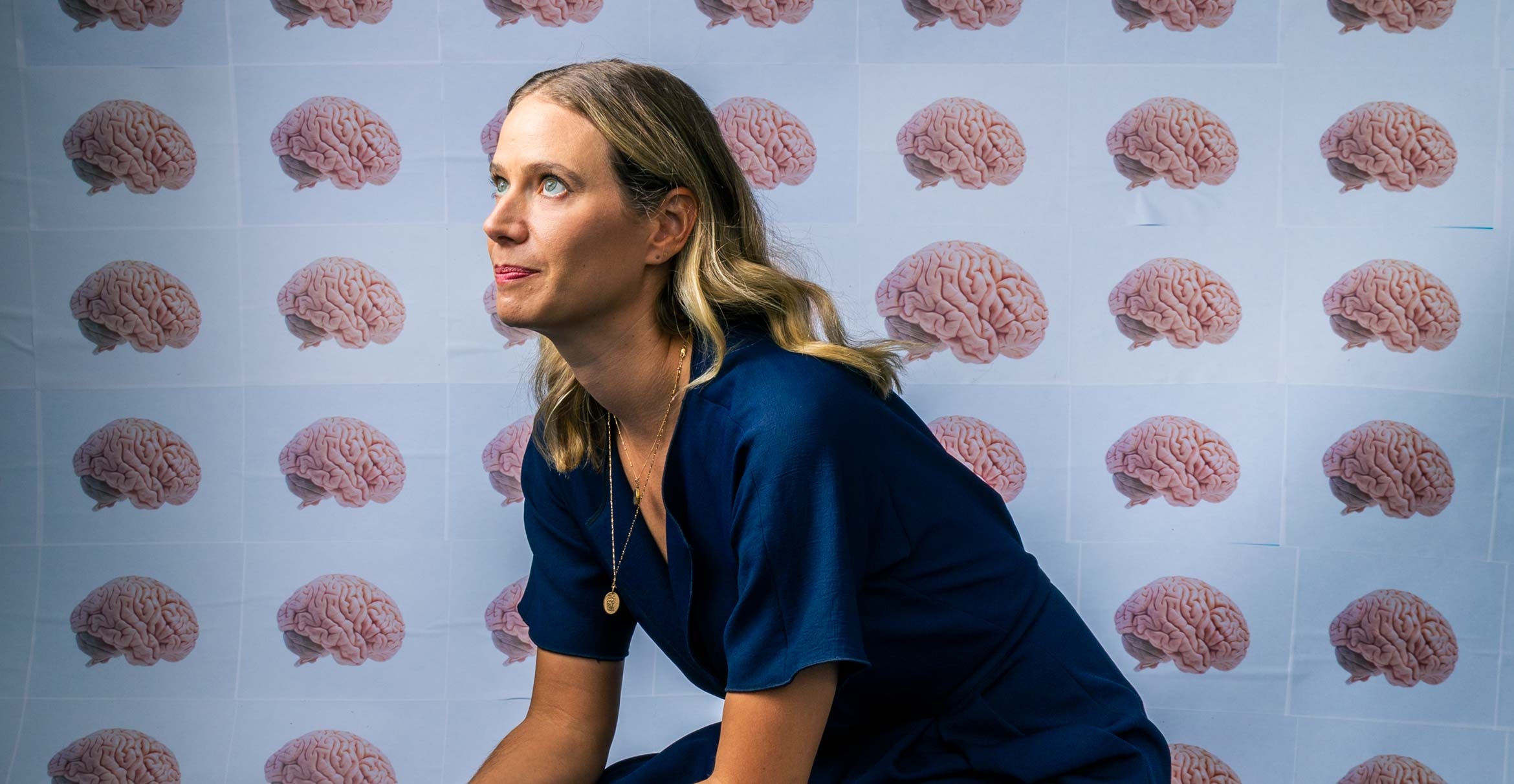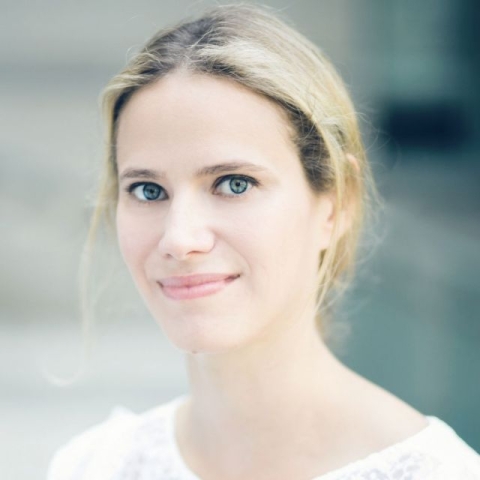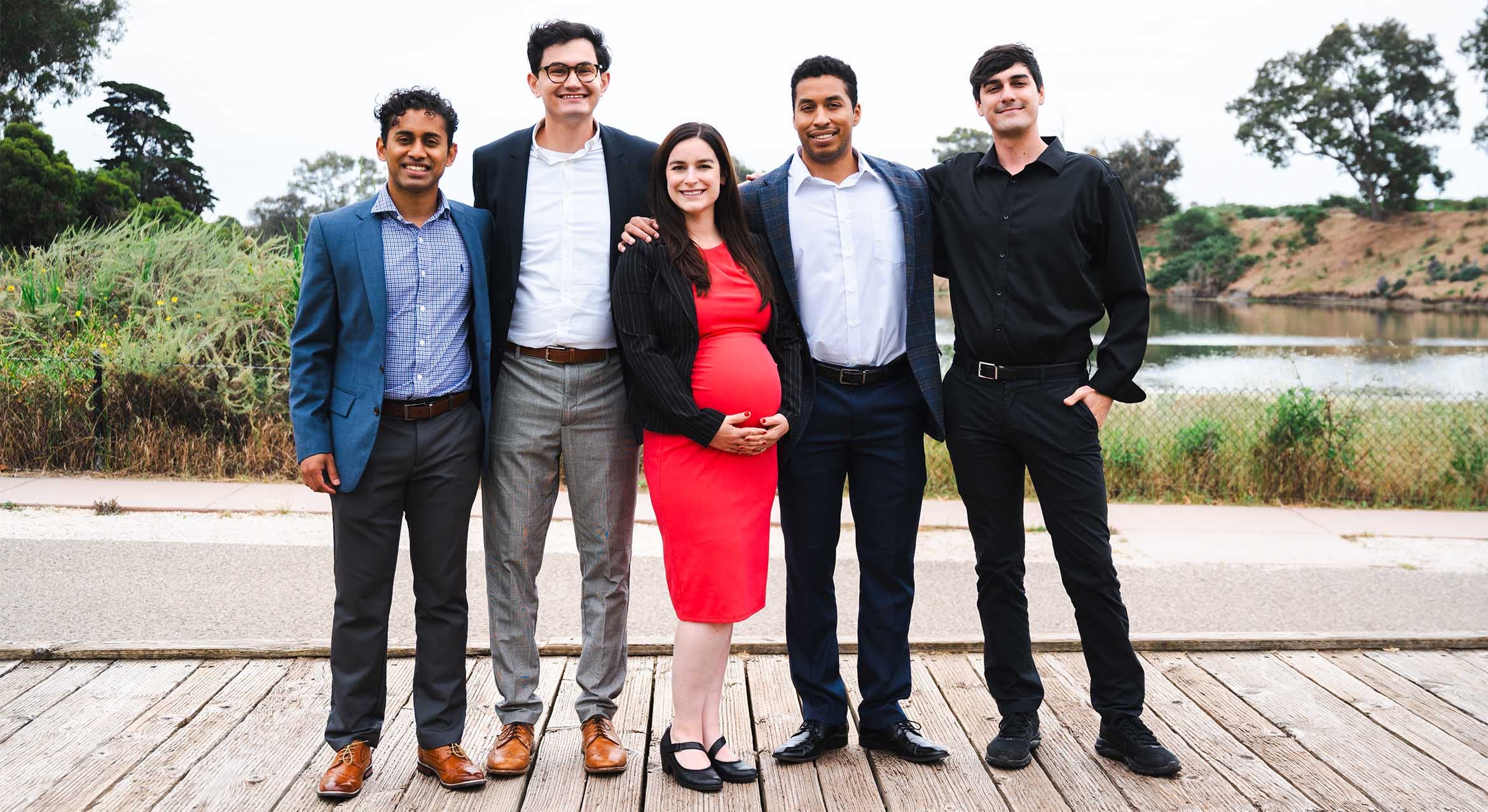
The current landscape of women’s health — and how it might be improved
“Women’s bodies are not an elective.”
That’s a bumper sticker neuroscientist Emily Jacobs would love to see.
Jacobs, a professor of psychological and brain sciences, will explain exactly what the quote means — and why it’s so important that women receive equal care and consideration in medicine — at a free, public talk Saturday, Sept. 9, from 4–6 p.m., in Direct Relief’s Hatch Hall.
Her talk is part of an event called New Frontiers in Women's Health, a collaboration between UC Santa Barbara Affiliates, The Ann S. Bowers Women’s Brain Health Initiative and the Santa Barbara Women’s Health Coalition (SBWHC). Jacobs will also participate in a discussion with SBWHC founder Dr. Katrina Mitchell.
“The mission of the SBWHC is to advance the quality of healthcare for women in our community,” said Jacobs. “It grew out of the ashes of the Dobbs decision and the realization that we could and should take stock of how our community is (and isn’t) serving women over the entire life course, specifically around three areas: children and adolescent health, reproductive and maternal health, and aging and menopause.”
The coalition is made up of doctors, researchers and other health professionals who have convened to explore the current landscape of women’s health in Santa Barbara and how it might be improved. With input from the community, the group plans to collect data, assess needs and ultimately make recommendations to local healthcare providers about how to improve their services. Leaders of the coalition — including Mitchell, managing director Kristen Adams, and Kari Robinson, associate director of health humanities at UCSB — will be on hand at the event to explain how the group plans to build and celebrate connections with the university moving forward.
Jacobs, a fierce advocate for women’s health equality in all areas of medicine, says that she sought out involvement with the group because of how connected their goals are. “This partnership aligns perfectly with the issues my lab cares about, which is how women have historically been underserved by the whole biomedical community,” Jacobs said. “All of our interests are aligned toward making sure women have the healthcare that they need.”
Jacobs’ lab primarily examines how hormones affect the brain. They have studied fluctuations in sex hormones through the menstrual cycle, investigated the unique neurophysical characteristics of middle-aged men and women, and will soon publish new research about how the brain changes during pregnancy.
During her talk, Jacobs plans to give a broad overview of how and why women’s health issues have often been overlooked and to detail some of her own findings. She also hopes to open a dialogue about what Santa Barbara’s specific needs are.
“One of the goals of this event is to create a space where everyone can gather and share their concerns and ideas,” she said. “I’m going to give a history of why we’re here. Why is women’s health 20 years behind where it should be from a historical perspective? I’m going to give insight into what is missing from basic biomedical research, but then I want that to lead into a conversation about what we’re doing here in our community to support this underserved population.”
All roads lead back to the local community for Jacobs and the other members of the SBWHC, who are volunteering their time for an important cause they believe in. “This is a labor of love,” Jacobs said. “This isn’t part of anyone’s official job description. We are doing this outside of our other work because we want to give back and because we want to advocate for every other woman in our community.”
Nora Drake
Communications Director, College of Letters & Science
(805) 893-2206
noradrake@ucsb.edu




